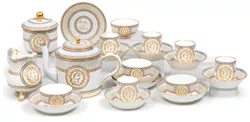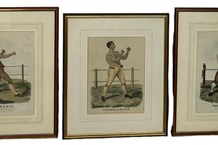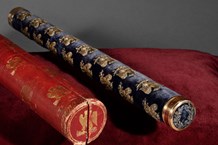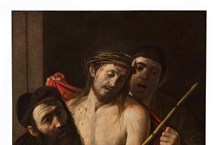Russian sanctions and restrictions
The measures include:
• A ban on new investment in the country
• Sanctions on major Russian banks and critical state-owned enterprises
• Sanctions against President Putin and other Russian government officials and their family members
• A ban on all Russian flights over US, Canadian, UK and EU airspace
• The removal of various Russian banks from the Swift payment system which is used by banks worldwide to transfer funds between themselves
• Targeted sanctions against more than 1000 Russian individuals, including so-called ‘inner circle’ oligarchs such as Roman Abramovich, Mikhail Fridman, Oleg Deripaska, Alisher Usmanov and Pyotr Aven
• A ban on the export of luxury goods to Russia
The luxury goods export ban
The UK, US and EU have placed differing and complementary bans on luxury goods. The EU has imposed a general export ban on luxury goods, whereas the US has more specifically prohibited the export/re-export, transfer, sale, or supply, directly or indirectly, from the United States or by a US person (even if outside of the US), of luxury goods to Russia, as well as to designated Russian oligarchs and ‘malign actors’.
The UK sanctions regime has prohibited the direct or indirect:
• supply or delivery of luxury goods to a place in Russia;
• making luxury goods available to a person connected with Russia; and
• making luxury goods available for use in Russia
A person connected with Russia is defined in UK legislation as including:
• an individual or combination of individuals who are, ordinarily resident in Russia
• an individual or combination of individuals who are, located in Russia
• organisations incorporated or constituted under the law of Russia, or
• organisations domiciled in Russia
Luxury goods, as defined in UK legislation includes jewellery, wine, handbags, works of art, collectors’ pieces, antiques and vehicles.
This means that art and antiques dealers and auction houses are effectively prevented from selling any works to persons connected with Russia. Shippers, too, are prevented from delivering or making luxury goods available for use in Russia.
While art market participants are still able to sell works of art on behalf of non-sanctioned Russians, most will have decided that this is not an activity they are willing to be involved in.
Quite apart from the moral argument, they would have to take extreme care to ensure that if the sale involves or is going through a corporate entity it is not beneficially owned by a sanctioned person. This may be difficult to prove.
The breadth of the ‘connected person’ definition also impacts jewellers, high-end retailers and online selling platforms listing luxury goods from dealers.
Harrods has reportedly written to advise customers whom they have identified as being ordinarily resident in Russia that they will no longer be able to supply them with restricted luxury goods.
This type of initiative-taking can be helpful, not only for compliance, but also reputation and customer relationship management.













